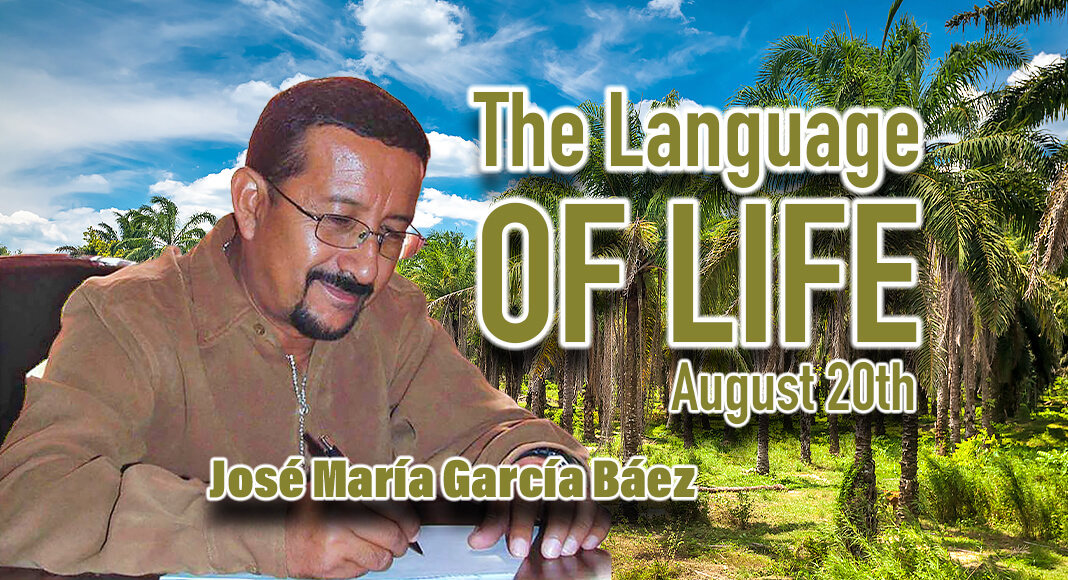
Texas Border Business
EDINBURG, Texas – The Museum of South Texas History will host the Sunday Speaker Series presentation, “Los dichos o refranes en la imaginaria popular del noreste de México,” featuring historian José María García Báez at 2 p.m. on Aug. 20.
In Mexico, as in many parts of the world and since ancient times, the tradition of sayings and proverbs is related to imagination, wisdom and popular mischief. The abundance of Mexican sayings is enormous. A study could be made by regions and eras, collecting from the popular imagination the ingenuity that by nature is obtained from daily experiences and from the experience that life gives. The presentation of the sayings, particularly in the Mexican northeast, is closely related to the homogeneity and social and cultural dimensionality that distinguishes northeastern Mexico and, at the time, the southeast of Texas.
Collecting samples of this social and cultural phenomenon is immersing yourself in the daily life of past generations, mainly, where the absence of technology, communications, and even entertainment provoked in the popular imagination of ingenious and humorous forms. In a few sentences they could synthesize ways of life, criticism, wisdom, or simple sayings that portrayed a society.
Today, this tradition seems to be lost. The enormous speed with which daily life moves seems to make it impossible for human relations and, therefore, popular culture slows to develop as before. In a society that seems enslaved by cell phones where social networks, communications and relationships move incredibly fast, it seems that there is no time left for conditions to be established where social relationships allow the development of these forms, which would be called “communication.”
Born in Mexico City but adopted by the northern of Mexico, García Báez has been a chronicler from Rio Bravo, Tamaulipas since 2011. However, his investigative work began in 2000 while working as a librarian in Rio Bravo. Due to a concern from a student, he discovered that nothing had been investigated or written in the history of the municipality. With that motivation, he began a 23-year-long investigation that includes three published books and a children’s book—all which stem from compiled and written historiography of the Rio Bravo area and, primarily, of the Hacienda La Sauteña. García Báez is currently, he is the technical secretary for the municipality government of Rio Bravo, Tamaulipas.
This presentation will be presented in Spanish.
Sunday Speaker Series is included in the fee for regular museum admission. FRIENDS of MOSTHistory are admitted free as a benefit of FRIENDship and must present their FRIENDship card at the Admissions Desk.
This program is made possible with generous support from the Carmen C. Guerra Endowment. Mrs. Guerra was deeply committed to supporting educational opportunities in the Rio Grande Valley. This named endowment was created at the museum by her family to honor her memory and to continue her commitment to providing opportunities for education to the community.














